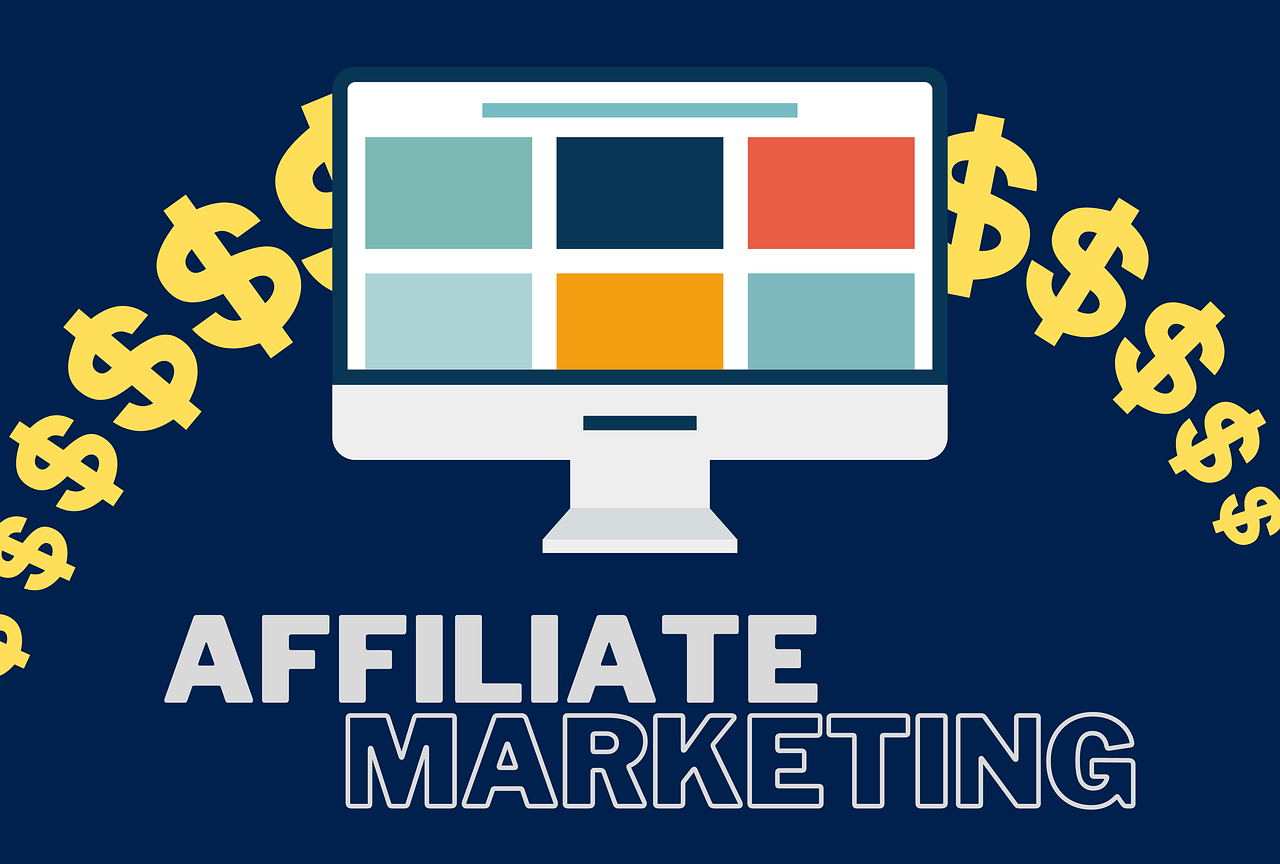Technological advancements have greatly transformed the marketing industry. The internet has proved to be a great place for advertising and selling goods. More and more businesses continue to set up their operations over the internet. This has led to increased competition for customers. What will set you apart is your marketing strategies such as affiliate marketing.
Affiliate Marketing?
What is Affiliate marketing? Affiliate marketing is an arrangement between companies and publishers where the publisher or affiliate earns a commission for marketing products of a particular company. All an affiliate needs to do is to pick a product of their choice and start promoting it. They are then paid a commission for every sale that comes through their affiliate link.
Affiliate marketing is one of the best ways of driving sales and generating online revenue. It is a cost-effective marketing strategy being adopted by many brands.
How Does Affiliate Marketing Work?
Affiliate marketing works by leveraging the abilities of different groups of people to make itself more effective. The following are the different types of groups involved:
- Seller and product creators
- Advertiser or affiliate
- The consumer
Seller and Product Creators
The seller is the vendor, product creator, or merchant, whether it is a solo entrepreneur or a huge enterprise. The product can either be a physical item such as electronics or services like piano tutorial lessons. The seller doesn’t have to be actively involved in the marketing process.
The Affiliate or Publisher
An affiliate or publisher can either be a company or an individual marketing the products of a seller. It is the responsibility of the affiliate to promote the product and convince buyers concerning its benefits. If a consumer is convinced and purchases the product, then the affiliate earns some commission.
Affiliates generally have a target audience to whom they promote products. They go for an audience that has an interest in the types of products they are marketing. This makes it easy for them to get consumers who have higher chances of acting on the promotion.
The Consumer
The affiliate markets products to the consumer through different channels. These can be blogs, social media platforms, or YouTube videos. If a consumer considers the product valuable, then they can click on the affiliate link and checkout of the company’s website. The affiliate receives a commission if the consumer successfully purchases the product.
Types of Affiliate Marketing
- Unattached – In this type of affiliate marketing, affiliates have a link to the product or service they are marketing. They don’t have any authority or expertise in the product niche. In most cases, an unattached affiliate runs PPC (pay-per-click) campaigns using an affiliate link with the hope that shoppers will click and purchase through it.
- Related – Affiliates in this business model do not have knowledge about the product or service they are promoting but have some kind of relation with the niche audience. They have a certain level of influence over a particular niche as well as an established following. For example, you may decide to promote a shoe brand you have never used but have an audience from your fashion blog.
- Involved – Involved affiliate marketing refers to individuals who have tried and are closely associated to the product or service they are promoting. Instead of depending on PPC campaigns, involved affiliates use their personal experiences in their marketing efforts. This means that customers can easily trust them because they act as reliable sources of information.
How Affiliate Marketers Get Paid
There are different ways through which affiliates get paid. Some of the most popular methods include:
- Pay per Sale: This is the most common payment structure in affiliate marketing. It is an arrangement where the owner of the product pays an affiliate a certain percentage of the sale price after the product has been purchased.
- Pay per Lead: This is where a marketing program compensates and affiliates based on the number of leads converted. The affiliate has to convince consumers to visit a merchant’s website and take action.
- Pay per Click: PPC focuses on offering incentives to marketing affiliates for redirecting consumers from their marketing platforms to the merchant’s website.
Affiliate marketing has been around for quite some time. It is a great marketing strategy that benefits both affiliates and merchants.
 Infographic Portal New Infographics Resource Portal
Infographic Portal New Infographics Resource Portal

